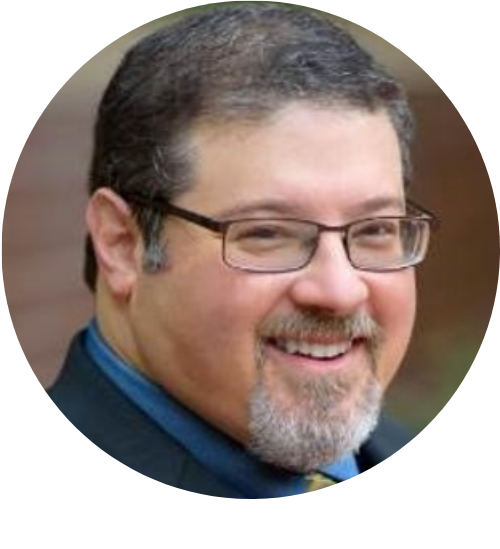Article and Video CATEGORIES
It was a big day for the lung cancer world. After seeing the tantalizing promise of immunotherapy for lung cancer over the past 3 years, but outside of the range of routine clinical practice, the anti-PD1 antibody, immune checkpoint inhibitor Opdivo (nivolumab) was approved by the FDA today for previously treated patients with advanced squamous NSCLC. This was just days after it was formally available for consideration and was based on the clear benefit demonstrated in the pivotal CHECKMATE 017 trial.
This study enrolled 272 patients with advanced squamous NSCLC who had previously received platinum-based doublet chemotherapy, and patients could have also received prior Tarceva (erlotinib), but not have received prior Taxotere (docetaxel). Importantly, PD-L1 expression on their tumors was NOT required, so there was no exclusion of patients based on this. Participating patients were randomized to receive standard Taxotere IV every 3 weeks or Opdivo IV every 2 weeks. The primary endpoint was overall survival, and as reported preliminarily in a press release in January, there was a significant survival benefit from Opdivo. Today we learned more about the trial, for the first time: specifically, there was a more than 3 month improvement in median overall survival (9.2 vs. 6.0 months, 41% improvement, p = 0.00025).
This is clearly the beginning of a new chapter in "immuno-oncology". Today marks the first approval of an immunotherapy for lung cancer, but we still await approval for the 75-80% of lung cancer patients who have non-squamous NSCLC. This larger population was the subject of a separate CHECKMATE 057, which has completed enrollment but is still ongoing, with results expected to be reported at least in preliminary form in the coming year. In the meantime, availability of commercial Opdivo in lung cancer is likely to be limited to squamous NSCLC, and only patients who have received prior first line doublet chemotherapy. Though there will certainly be interest among patients and their oncologists in obtaining it for broader patient populations and potentially first line treatment before chemo, I suspect that the high cost of the agent and notoriety of the agent will limit payer coverage to the precise population enumerated in the FDA decision. In addition, pent up demand for this agent may also limit access even among the patients for whom it is approved.
One challenge will be the very important SWOG 1400 "LUNG-MAP"/"master protocol" for patients with advanced squamous NSCLC who are candidates for second line therapy. This trial, being conducted throughout North America, has patients submit tissue for genomic testing and then, depending on whether specific markers are detected, randomizes them to standard Taxotere chemotherapy or an investigational arm of chemo plus targeted therapy; those without an identifiable marker are randomized between Taxotere and immunotherapy. However, with Opdivo now shown to be significantly superior to Taxotere, it's hard to envision any patient wanting to enroll on a trial that bypasses immunotherapy for many patients and gives a 50% chance of getting Taxotere alone. This trial will need to be overhauled, perhaps looking at targeted therapy additions to Opdivo instead of Taxotere.
But the approval opens up far more opportunities than it closes. It's now the end of the beginning, a big step and a day to congratulate the lung cancer community and appreciate the rapid handling of these important developments by the FDA.
Please feel free to offer comments and raise questions in our
discussion forums.
Forum Discussions
Hi Blaze,
As much as I hate to say it, Welcome back Blaze. It sounds like you're otherwise feeling good and enjoying life which is a wonderful place to be. ...
Waiting for my appointment with oncologist this morning. Thank you for the response. It helps. <3
It sounds like you’re thinking of this in a very appropriate way. Specifically, it sounds like the growth of the nodule is rather modest, though keep in mind that the change...
Hi and welcome to GRACE. I'm sorry your mom is having this difficulty. An indwelling catheter is used when the pleura space continually fills and the catheter is always there to...




Hi Amber, Welcome to Grace. I'm so sorry you're going through this scare. It could be a recurrence. It also is as likely to be the contrast creating a better view. ...